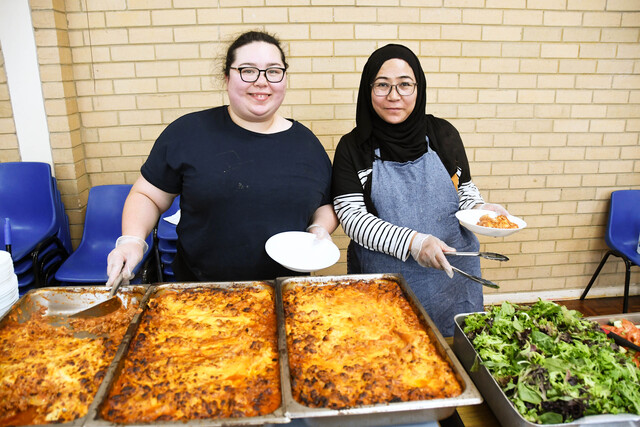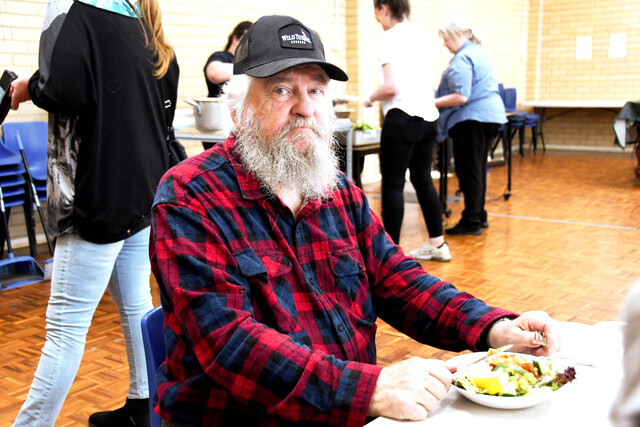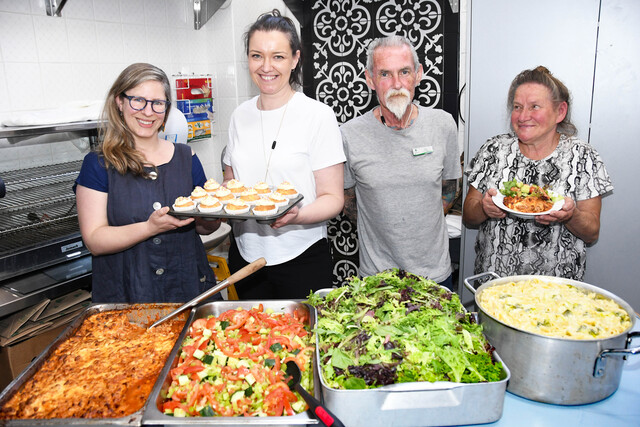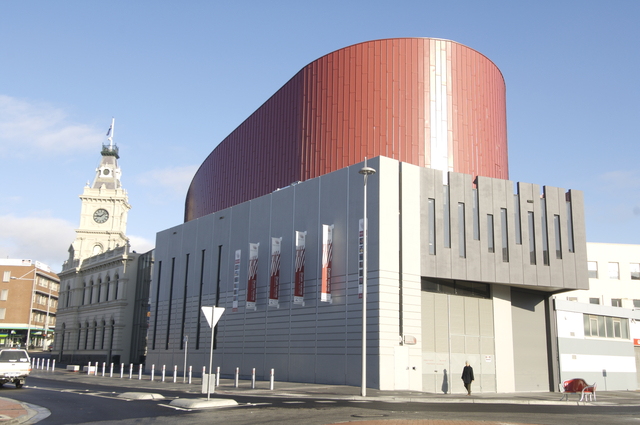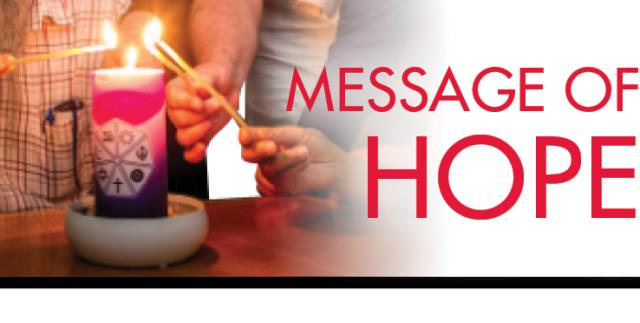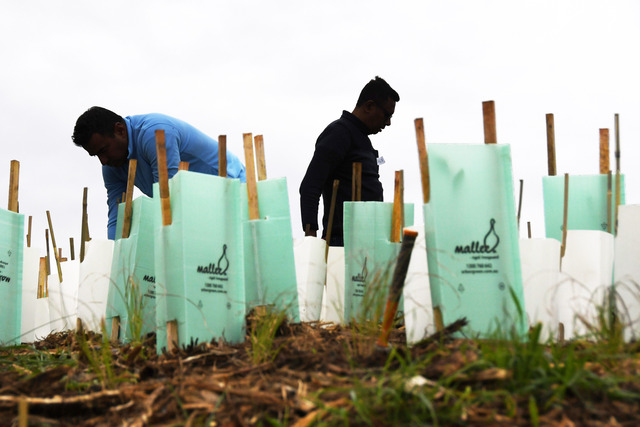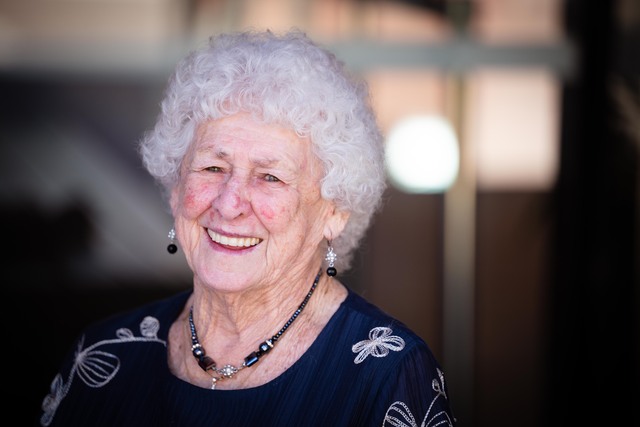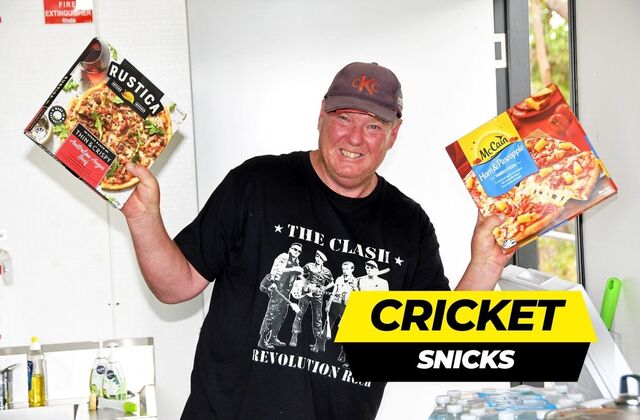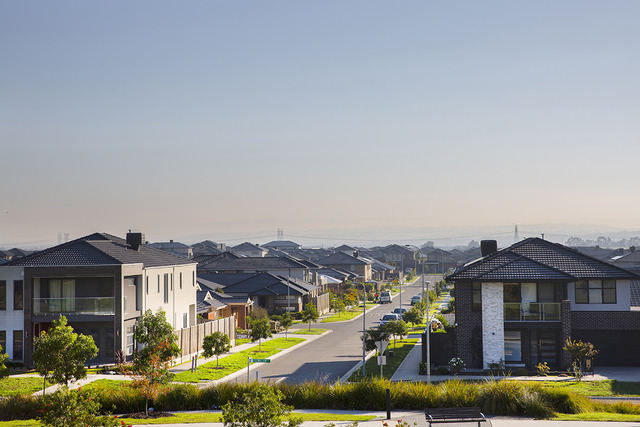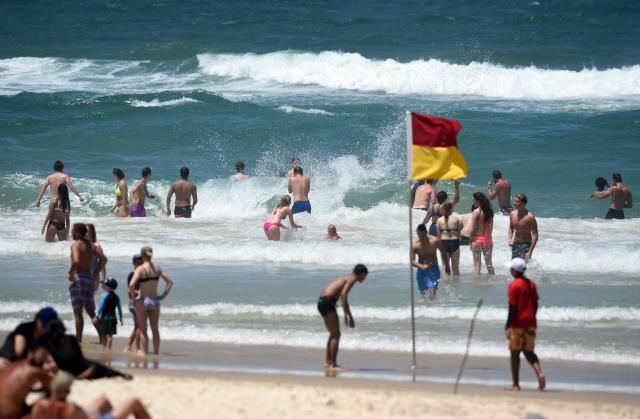Families are increasingly struggling to put food on the table and school lunchboxes, says a Dandenong-based charity.
In the wake of a State Parliament report into rising food insecurity, Cornerstone chief executive Naomi Paterson says a rising new “cohort” was in need of help.
Traditionally, the charity came to the aid of rough sleepers and the acutely disadvantaged.
These days, it was helping mortgagors and renters just covering their housing costs but unable to afford basic food.
“We’re seeing more families needing material aid support for food to fill their kids’ lunchboxes and to put food on the table.”
The Parliamentary inquiry report released last week recommended more support for school meal programs and for food relief services as more Victorians struggle to afford food.
It also recommended higher Commonwealth welfare payments, as well as state grocery price controls to ensure supermarket food was more affordable.
Paterson agreed that food relief services needed more funding, with demand for Cornerstone’s food parcels doubling in the past six months.
About 80 families a week access fresh fruit, vegetables and bread, and about 50 receive pantry food parcels. Another 80 people are served fresh meals five days a week.
“That’s without us broadly advertising this support. We couldn’t meet demand if there was an increase in numbers.”
In its submission to the Parliamentary inquiry, South East Community Links stated 97.5 per cent of surveyed clients were finding it harder to afford food.
“It is apparent that Victorians are struggling to afford food because of increasing food prices, fuel prices and increases in private rent.
“Through our emergency relief, we are regularly hearing how people are unable to purchase nutritious and healthy food to the quantity their families need.”
Greater Dandenong Council submitted to the Parliament inquiry that 13 per cent of its residents ran out of money to buy food in 2020 – the highest level in the state and double the Victoria-wide figure.
Its advocacy officer Therese Watson backed state controls to curb supermarket price-gouging.
“Profits increase, and I know large companies have to bow to their investors and ma profits, but how much profit does one company actually really need?”
Despite an increase of programs to promote and access healthy, low cost food, there were “no signs of decline” in food insecurity or obesity rates, the council submitted.
Greater Dandenong also supported a junk-food tax to deter shoppers and encourage food manufacturers to “reformulate” unhealthy food.
“An appealing option is the introduction of a tax on sugar-sweetened drinks, since these are a major source of sugar in the diet.
“The consumption of excess sugar – particularly among children and adolescents – is an increasing contributor to obesity, dental cares, diabetes 2, and cardiovascular disease.
“Recent studies have shown greater exposure to ultra processed food was associated with a higher risk of adverse health outcomes often cheaper to produce and more appealing to the disadvantaged due to price.”
Sustain: the Australian Food Network welcomed the inquiry’s 25 recommendations such as legislating a right to food and providing sufficient funding to local councils to address food security.
“Our work with several Victorian local governments over many years demonstrates their willingness and capacity to work with communities to address food security at the local level, but currently they lack the necessary resources to do so adequately,” Sustain executive director Dr Nick Rose said.
He was concerned that the report didn’t detail how to finance greater funding for food relief and school meals.
The State Government has six months to respond to the report.

